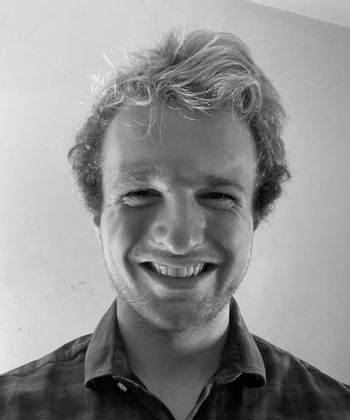Penn fall semester courses place LGBT rainbow-colored lenses on history, religion, and Japan
University of Pennsylvania LGBT courses teach students "queer theory’s conceptual heritage and prehistory" and read religion through feminist and queer lenses.”
Courses include "Introduction to Sexuality Studies and Queer Theory,” “Gender, Sexuality, and Religion,” “Gender and Sexuality in Japan,” and “Queer Life in U.S. History”
The University of Pennsylvania’s School of Arts and Sciences is offering several courses this coming semester on queer theory and trans studies, comprising topics such as literature, history, and religion.
“Introduction to Sexuality Studies and Queer Theory” will “introduce students to the historical and intellectual forces that led to the emergence of queer theory as a distinct field,” the course description says. “We will begin by tracing queer theory’s conceptual heritage and prehistory in psychoanalysis, deconstruction and poststructuralism, the history of sexuality, gay and lesbian studies, woman-of-color feminism, the feminist sex wars, and the AIDS crisis,” it adds.
[RELATED: MAP: Transgenderism and “Queer Theory” in K-12 schools in all Continental United States]
The school also encourages students to view religion from the perspective of gender. “Gender, Sexuality, and Religion” will show “how gender -- how it is taught, performed, and regulated -- is central to understanding religion.” Students enrolled in the course will also be provided “entry points into the study of religious traditions through the lens of gender.”
Other courses center on transgenderism, one being “Trans Method,” which will get students to inquire as to “the subject of trans studies” and the “extent … trans is an identity.”
“This course introduces students to ‘trans’ as a still-forming analytic that has emerged out of academic spaces, activist movements, and trans cultural production,” the description reads. Enrollees will “engage with texts and questions that build on trans studies’ connections to (and divergences from) queer and feminist studies, history, critical race studies, disability studies, and science studies, among other fields, and we will also consider how trans knowledge can act beyond the theoretical.”
Some of the courses take gender studies internationally, especially in Korea, China, and Japan. “If you have ever wondered about the following questions, then this is the right course for you,” the course description for “Gender and Sexuality in Japan” declares. The questions include:
- “Is Japan a hyperfeminine nation of smiling geisha and obedient wives?”
- “Is it a hyper-masculine nation of samurai and economic warriors?”
- “Is it true that Japanese wives control the household?”
The course is “[a]ssuming that expressions of gender and sexuality are deeply influenced by cultural and social factors, and that they also show profound differences regionally and historically.”
[RELATED: University offers grad certificate to ‘denaturalize heterosexuality’]
“Queer Life in U.S. History” examines “queer existence -- in terms of both gender and sexuality -- from the seventeenth century through the present.”
“We will attend closely to how race, class, immigration status, and ability shape and are shaped by queer life, and engage with current topics of concern in the field of queer history, like the rural/urban divide, capitalism and neoliberalism, and queer memory,” the description says.
Campus Reform reached out to the professors of the course as well as Penn’s School of Arts and Sciences. This story will be updated accordingly.

